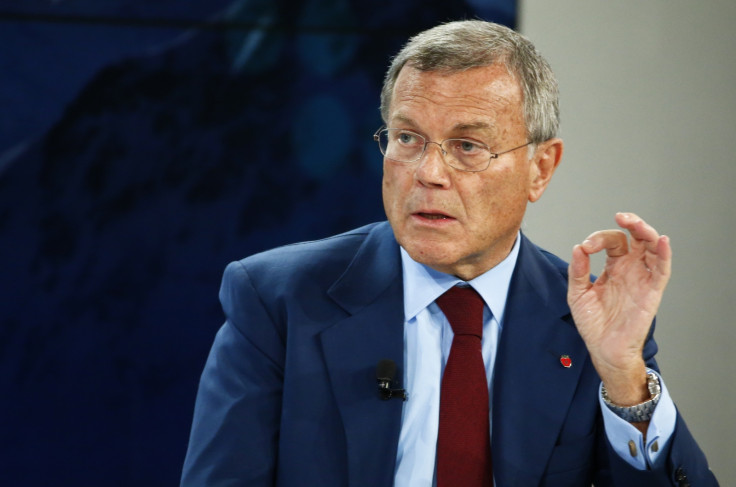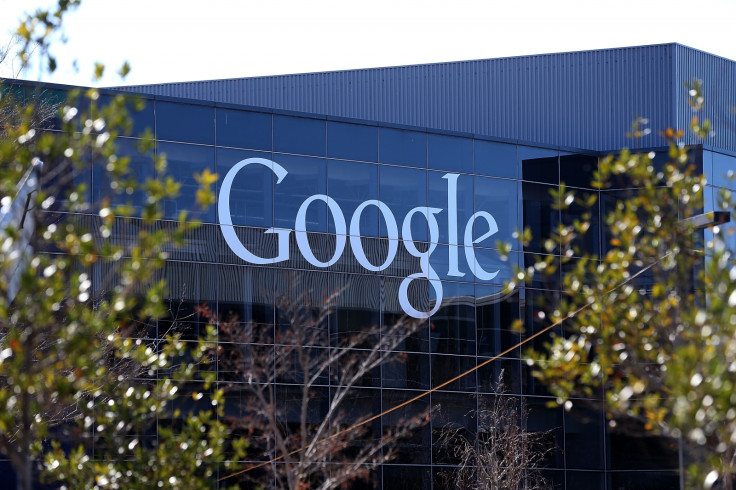Stephen Foster: WPP and other agencies are waging war to reclaim big media money from Google
Last weekend it emerged that Sir Martin Sorrell was in line to trouser a £36m ($54m) share bonus thanks to his efforts on behalf of WPP, the company he founded 30 years ago but no longer owns, in 2014.

On the Monday following (16 March), Sorrell turned up at an Institute of Practitioners event (the IPA is the UK ad agencies' trade body) in support of an IPA programme called ADAPT, which, essentially, is trying to bring agencies and clients closer together.
Among other things (Sorrell is always good value) he moaned about clients (advertisers) hammering agencies over fees and commissions. They were looking at their boots rather than the horizon, he said. In other words, failing to see the big picture – that spending on advertising is an investment rather than a cost.
Poisonous relationships
Which is something most advertisers, reluctantly or otherwise, agree with. Google is an advertising business – paid search is its main breadwinner – and it's one of the biggest companies in the world, many times the size of WPP.
However, WPP itself earns about £12bn in revenue and last year made a record £1.5bn profit, so it's big too. And the reason is that, as with Google, companies that want to sell their products or become more famous – or both – think they need these channels into a worldwide market.
But relations between advertisers and the big marcoms companies like WPP are pretty poisonous at the moment.
Such advertisers put up with Google. Google sells a service – search – that is better than anyone else's. It's theirs and if you want access to it, you pay the price. Same with Facebook and Twitter, or any other big media owner you can think of.
WPP and its main rivals Publicis Groupe, Omnicom and Interpublic supposedly work on behalf of their clients, on previously agreed fees or commissions.
But they too have noticed how the big media money is going to the likes of Google and not to them. And while they're investing millions in new media-buying mousetraps, their clients are trying to reduce what they pay for these services.
Changing the model

So they want to move to a model where they buy the media and sell it on to their clients for whatever they paid plus a profit. In the online world this is called 'programmatic' buying.
The other Monday Sorrell said that WPP's clients had the option of 'opting in' to such services. If they chose to go their own way, so be it.
But clients, the world's big advertisers, are highly suspicious of this. They want to carry on paying a fee or commission based on a known price, not what their agency wants to charge. So relations between them and the world's big marcoms companies are, arguably, at an all-time low.
They don't see why the model should change – that agencies should become brokers, in essence – when the aforementioned agencies seem to be making plenty of money as it is.
Sorrell's huge payout – making him the best-rewarded CEO in the FTSE100 – would seem to be clear evidence of this. The bosses at Omnicom and the others don't do badly either.
But the world is changing. It's not the companies who make stuff who rule the roost necessarily these days – although Apple is the obvious exception – it's the ones who control the channels to market.
The relationship between advertisers and agencies is changing dramatically – and not necessarily in favour of the advertisers, the ones who pay the bills.
Stephen Foster is editor of More About Advertising, a former editor of Marketing Week and a London Evening Standard advertising columnist. He wrote City Republic for Brand Republic and is a partner in communications consultancy The Editorial Partnership.
© Copyright IBTimes 2025. All rights reserved.






















